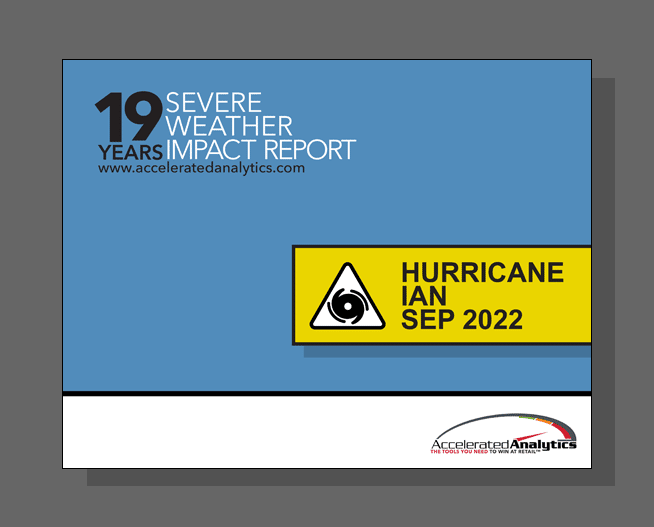May 5, 2014
Last week: Perhaps the biggest news in this data-heavy week is the rebound in wage growth. Factories and stores, idled by winter weather, were back in business in March. The jobs report shows they continued to catch up in April. But as The Conference Board’s Leading Economic Index has been signaling for months, this is more than just a weather story. The economy is getting stronger. And the proof will come over the coming weeks as consumers gain more confidence and spend more (especially on long-delayed replacement items). And perhaps there will be more business investment in the equipment needed to get the job done.
Employment Trends Index, March (The Conference Board)
This index does for the labor market what the Leading Economic Index does for the general economy. The labor market is rebounding now. Does this forward indicator show more underlying strength this summer, once the catch up is completed?
Fact Of The Week
As of late April 2014, according to the Drought Monitor, all of California is now in moderate to exceptional drought – for the first time in a decade and a half. This is a big deal. How big? It could result in as many as 20,000 lost jobs and 800,000 acres of idle farmland. Indeed, the worst drought conditions happen to be in the normally crop rich Central Valley.
The estimated costs could approach $7.5 billion. But that’s not all. A limited supply of food is sure to send its cost higher. In this era of deflationary pressure, that might be the biggest deal of all. We could have the Federal Reserve setting out on an expansive monetary policy to counter deflationary pressure while food prices skyrocket, resulting not just in a hit on the average household budget but causing consumers (taxpayers) to do more than complain. Finally, it is not just California. Western and/or southwestern states are dealing with a multi-year drought that is not letting up this spring and probably won’t let up during this crop-growing summer season. Only Montana and Wyoming, and of course northeastern Washington have escaped these conditions.
Source: The Conference Board


